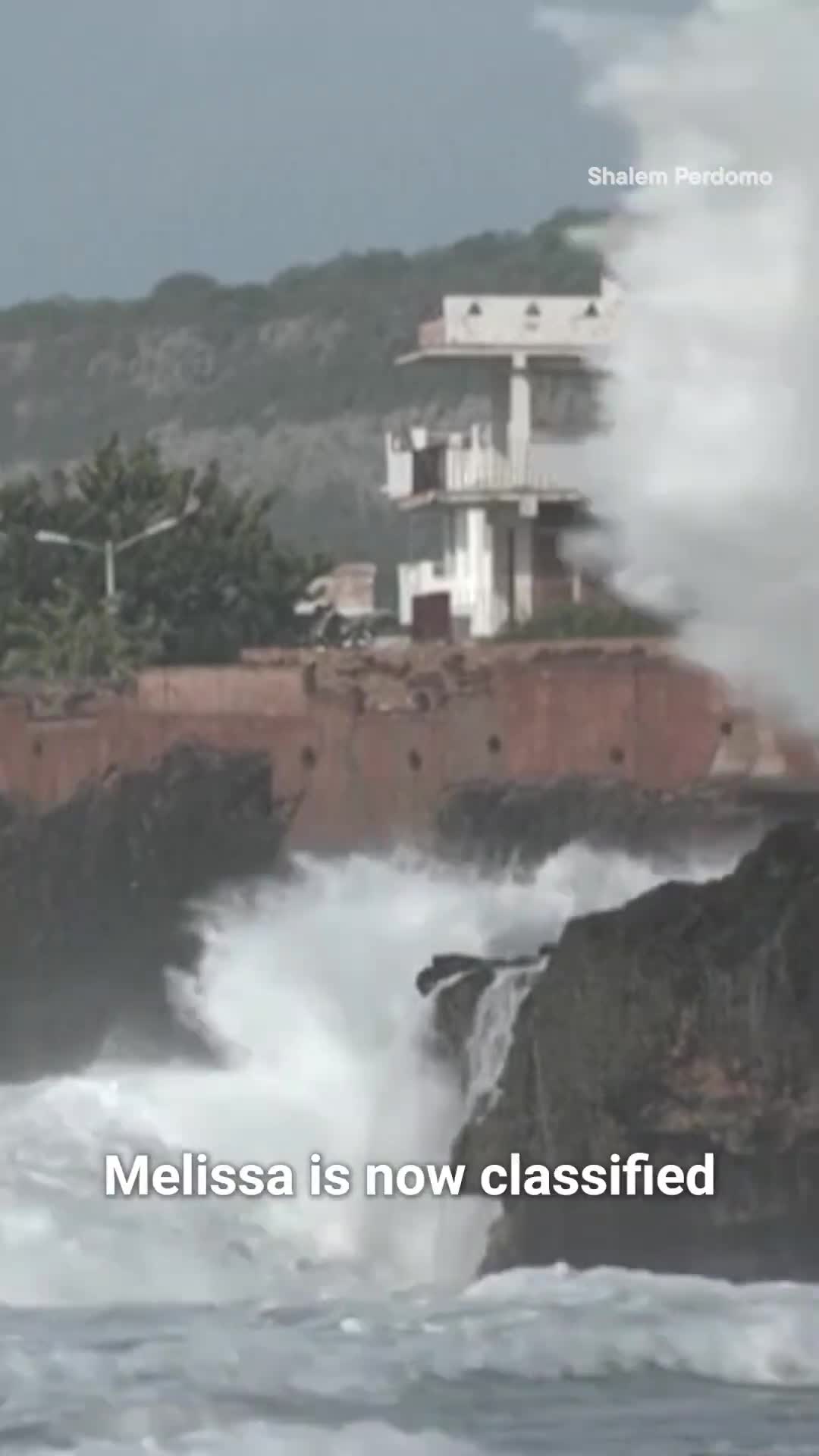Officials say Melissa was among Cuba’s strongest hurricanes; authorities used anticipatory action framework and prepositioned aid
Get AI-powered insights, summaries, and transcripts
Subscribe
Summary
A staff member said Melissa was classified as one of the three most powerful hurricanes ever recorded in Cuba and battered eastern provinces for about six hours, damaging health facilities, schools and telecommunications.
A staff member said Melissa was classified as one of the three most powerful hurricanes ever recorded in Cuba and battered eastern provinces for about six hours, damaging health facilities, schools and telecommunications.
The speaker said that, for the first time this year, authorities implemented a new anticipatory action framework before Melissa’s landfall and prepositioned assistance near affected areas, reporting roughly five deployments. The speaker used approximate language about the number of deployments and timing.
Why this matters: anticipatory action frameworks are designed to trigger early preparations or assistance based on forecasted hazards, which can reduce delays in aid delivery and limit damage to critical services. In this instance, the speaker attributed the framework’s use to preparations made prior to the storm.
Details reported in the briefing were limited. The staff member listed infrastructure types affected — health facilities, schools and telecommunications — but did not provide counts, facility names, damage estimates or casualty figures. The duration of intense conditions was given as about six hours. The speaker did not provide a precise tally of prepositioned shipments or exact locations of the aid.
The speaker described the use of anticipatory measures as a step taken “for the first time this year” but did not specify the implementing agency, legal authority, funding source, or criteria that triggered the framework. No formal vote, ordinance or other legislative action was recorded in the transcript.
Next steps and follow-up were not specified in the remarks. The briefing did not include named officials, detailed damage assessments, timelines for recovery or external approvals.
